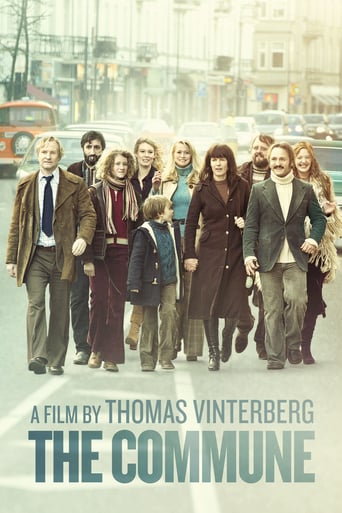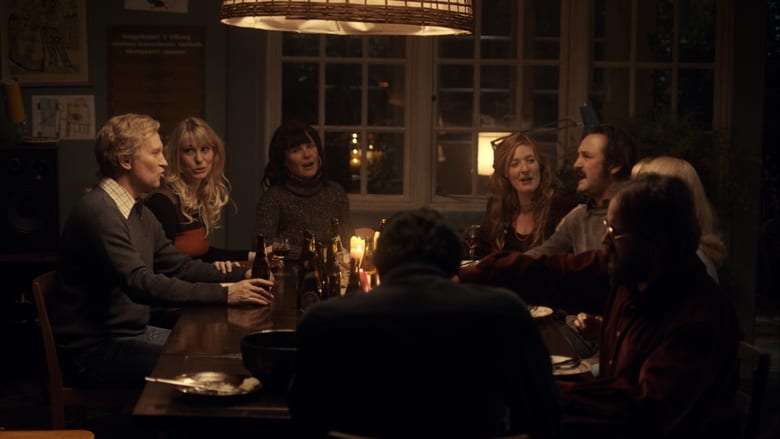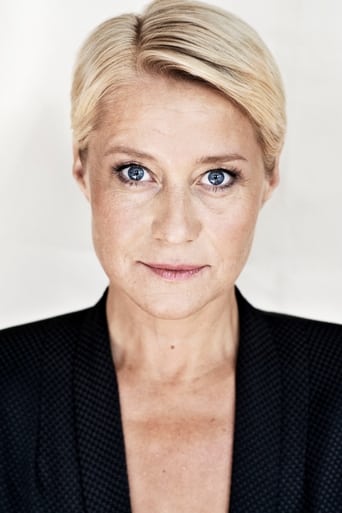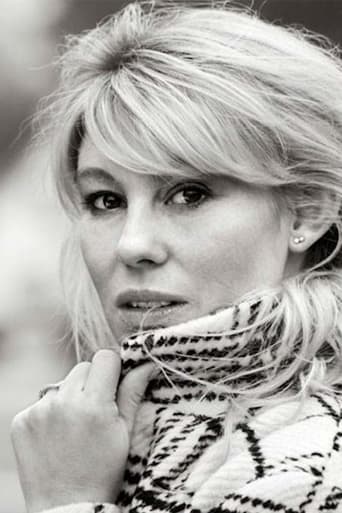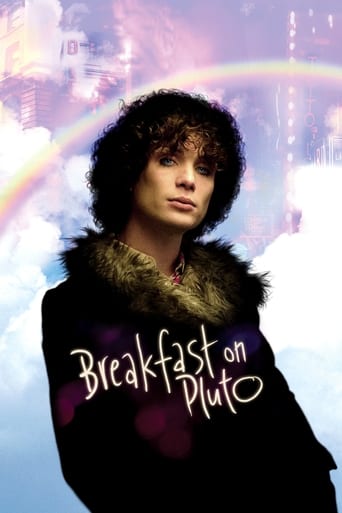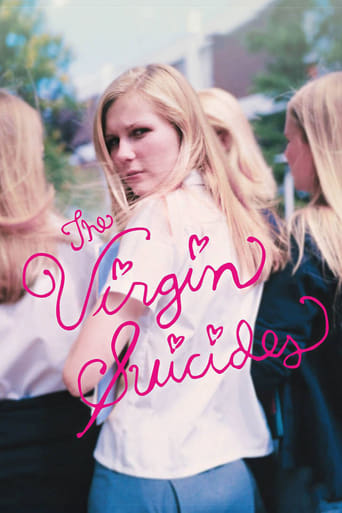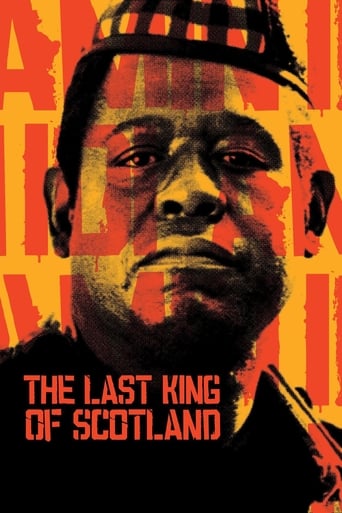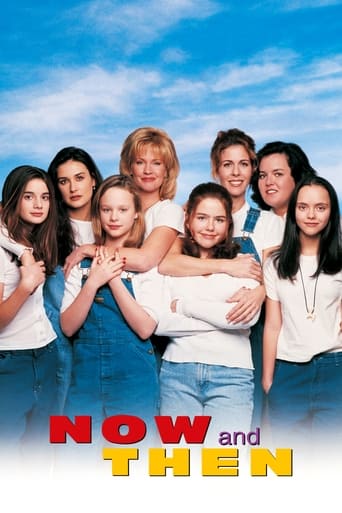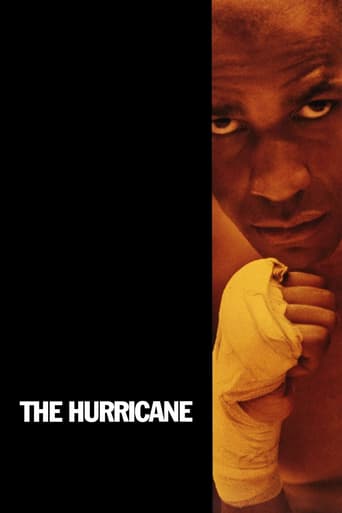The Commune (2016)
A funny and moving story of family and free love set in a freewheeling 1970s commune. When Anna and Erik inherit a huge house, they gather a motley crew of cohabitants to reinvigorate their lives, forcing them to reconcile their new values with old habits.
Watch Trailer
Cast
Similar titles
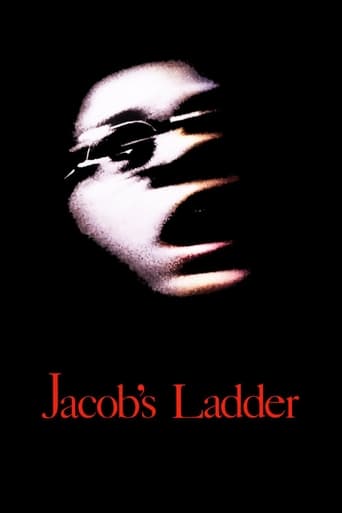
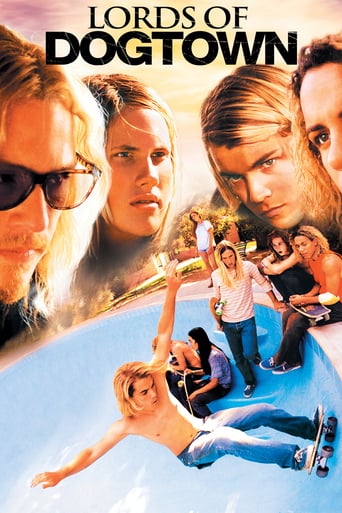

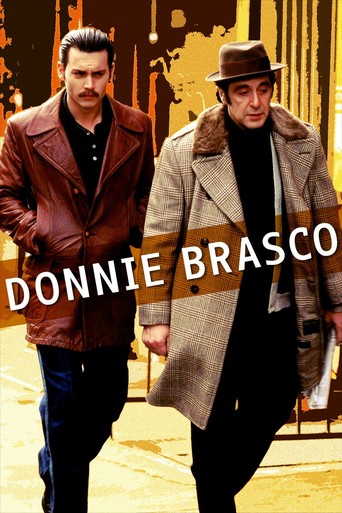
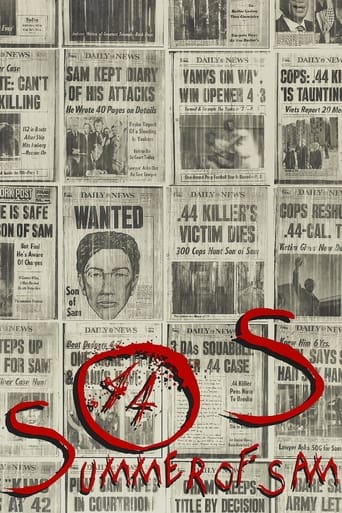
Reviews
A Masterpiece!
By the time the dramatic fireworks start popping off, each one feels earned.
Like the great film, it's made with a great deal of visible affection both in front of and behind the camera.
All of these films share one commonality, that being a kind of emotional center that humanizes a cast of monsters.
I watched this move without understanding all the conversations. But I guess the idea is transferred through the emotions. First of all, it is a good trial to analyze the concept of the "Community". I graduated from a boarding school, sometimes I miss the atmosphere of it, and I dream an utopic commune life, where people share and make life easier. The Director touches on ore intense and sad moments than happier moments. In this regard it is not an fantasy but more close to the reality. Often we encounter hard moments due to the new love affair of Eric, but nobody step back from the set up, in another word the Commune continues and people stay in it. In a family we can have sad and happy moments like sickness of the kids, even their loss, kids growing and having companions so in a Commune life. Maybe in a commune we can overcome more easily. The movie focuses of the emotions of a Woman, Anna, who loose her husband to a more younger woman., Emma. Anna accept Emma and approve her stay in the Commune, with some hard emotions later. Anna enters into deep depression, loses her job and finally loose the race and leave the house. It seems that it is Anna who loses this game.The movie concentrates on the emotions of Anna, and do not much delve into others lives apart from that of Eric, Anna and Emma. The movie could tell more about the benefits or the functioning of a Commune life.As a good trial to explore a hard topic, it deserves a watch.
Thomas Vinterberg performs an experiment / study of the human personality by gathering a gallery of characters (with whom it is difficult to identify yourself personally) and placing them in an extreme situation of coexistence. The supposed pragmatism or cold- blooded of Nordic people to face problems, here blows up. The ability of the director makes the viewer to take part inadvertently in the plot of the film as one more character of his work. Anna, TV presenter. and Erik professor of architecture form together with his teenage daughter an apparently happy family with no more complications than "the problem" of managing the use of a big inherited house. So great the house that they decide to share the use. The new experience begins with great joy but ends up in a dramatic way by crushing the promoter of the idea of sharing the house. It is interesting to observe the behavior of the teenage daughter through the story and also trying to understand how difficult it can be for a teacher accustomed himself to dominate students and situations from a position of strength to have to give up the domain of his house and almost his way of life for the general interest of a group composed by people whose specific weight is equal to nothing; the parasite that barely contribute, the "bums" that do not compromise themselves in anything, a liberal couple contributing to the experiment with a sick child who possibly might have been better brought up in the privacy of a normal home, etc. In summary, this film is full of teachings and is a great exercise in the expression of different behaviors, through the coexistence of a group of people with whom (out of the movie) it would be difficult to establish a friendship and still less to share your life. Finally highlight the great interpretation of the wife versus the weak of Erik's lover. talking of actresses terms, of course. The plot is set in 1970 but this fact is totally irrelevant.
The story is not a good study of characters. All of them are almost caricatures. When the existential problem between Erik and Ana arises, both behaves in a way too much elementary, taking in account the gravity of the situation which is going on. More precisely (1) Erik is absolutely incapable to realise that he is ruining the emotional life and the self respect of the woman with whom he has been married and living in a pleasant way during at least fifteen years. A woman who proved to be generous when she accepted that Emma could live with the community, and who had probably fantasies of living a ménage à trois, along with Erik and Emma, thing that I think reasonable and human, considering what was going on. Erik sticks with Emma as if he hadn't any responsibility with regard to Anna feelings. (2) Anna is incapable to react in time to rescue her dignity which is being hurt by the irresponsible behaviour of Erik. The rest of the characters manifest themselves very poorly with respect to the crisis between Erik an Anna. Except the young Freja, daughter of Erik and Anna which is the only one capable to say that her mother must leave the community and seek for a new life. In short, Erik who is almost a pivot of the whole story, behaves - in the light of existentialist philosophy - as an individual with bad faith. I would add also, on my part, that he is a kind of mediocre individual.
The emotional upheaval of a tightly-knit community has become Thomas Vinterberg's trademark as a film maker. He explored this theme with great success in 'Festen' and in 'Jagten', and now he does it in 'Kollektivet'. This time, the community is a group of people living together in a large house, a way of living that was trendy in the sixties and seventies. The group consists of friends and acquaintances of architect Erik and journalist Anna. Together, they fill up the huge villa he inherited from his parents. Anna thinks this social experiment can add some spice into her life. After all, she has been married to the same man and doing the same job for fifteen years.But the cozy atmosphere of having meals and drinking beer together with a group of friends, turns sour when Erik introduces someone new into the group: his girlfriend, a young and pretty student. His wife Anna agrees with this arrangement, and in fact proposes it, hoping to keep Erik close to her. But predictably, the whole experiment ends in tears, fights and bitter reproaches.Vinterberg's film has a different tone of voice than 'Festen' and 'Jagten'. It is a bit more lighthearted, and less harsh. He not only analyzes the emotional feelings of the characters, but also shows how society has changed in the last forty years. What struck me, was how easily Erik gets away with abject male-centred behaviour. He cheats on his wife practically in front of her eyes, and seems to have hardly any emotional connection to her or their daughter. In the end, it is his girlfriend who has to point out to him that his wife is having an emotional breakdown. But even then, he doesn't see the damage he has created. Instead, he complains that all these 'women issues' distract him from his work. Nowadays, a man would get a slap in the face after saying something like that.The seventies-atmosphere adds an extra dimension to the film, and the period setting makes it an easier viewing experience than 'Jagten' or 'Festen'. At the same time, it is also less intense. It's nice to watch, but doesn't make you shift uneasily in your chair.
